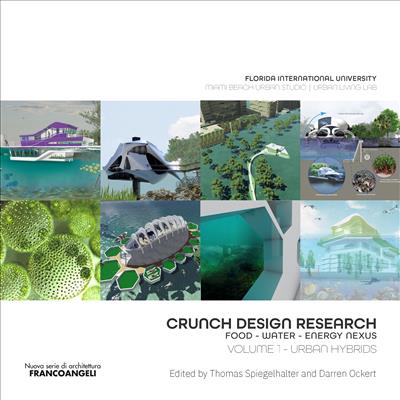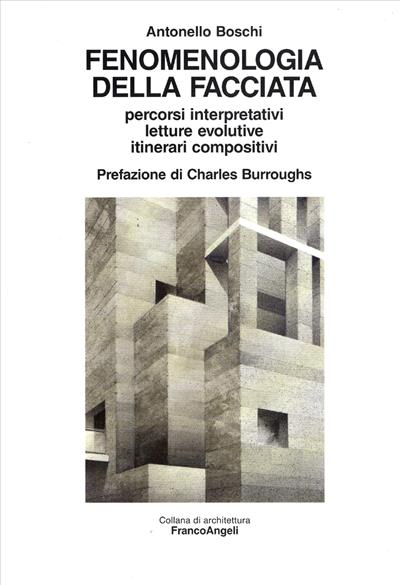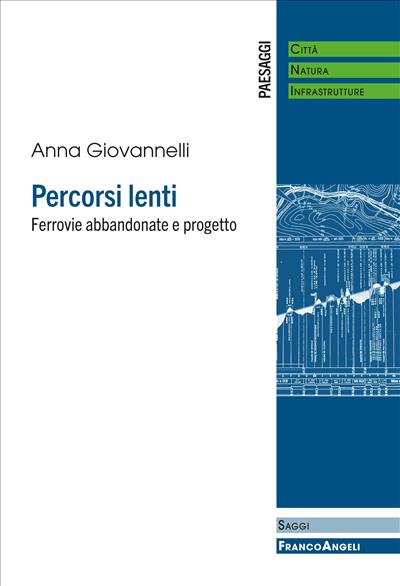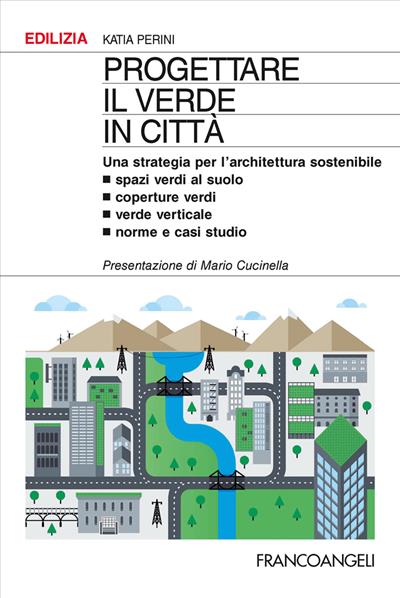
A cura di: Thomas Spiegelhalter, Darren Ockert
Crunch design research
Volume 1 - Urban Hybrids
The City of Miami Beach is one of the most climate vulnerable cities on planet Earth. In the coming decades the city will have to face the challenges of sea-level rise combined with yearly threats of hurricanes, king tides, and tropical rain downpours that can dump as much as five inches of water on the city in one afternoon. Under the umbrella of CRUNCH (Climate Resilient Urban Nexus Choices) this first volume looks at designing building structures that can act as hybrids sitting in, out, or under the water with the ability to be self-sustaining.
Pagine: 188
ISBN: 9788891792921
Edizione:1a edizione 2020
Codice editore: 1098.2.57
Possibilità di stampa: No
Possibilità di copia: No
Possibilità di annotazione: No
Formato: PDF con DRM Readium LCP
Pagine: 188
ISBN: 9788835112266
Edizione:1a edizione 2020
Codice editore: 1098.2.57
Possibilità di stampa: No
Possibilità di copia: No
Possibilità di annotazione: Sì
Formato: ePub con DRM Readium LCP




